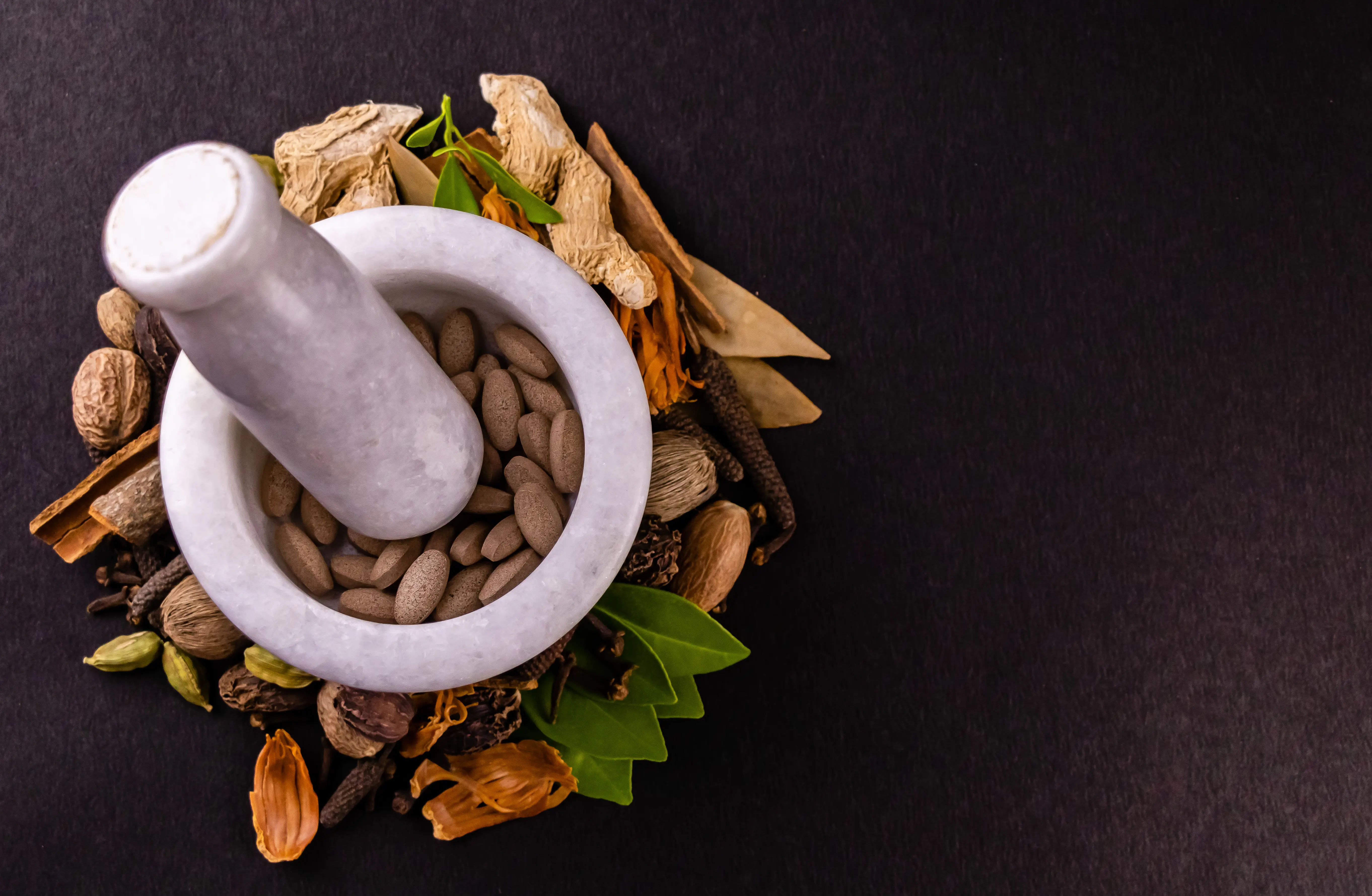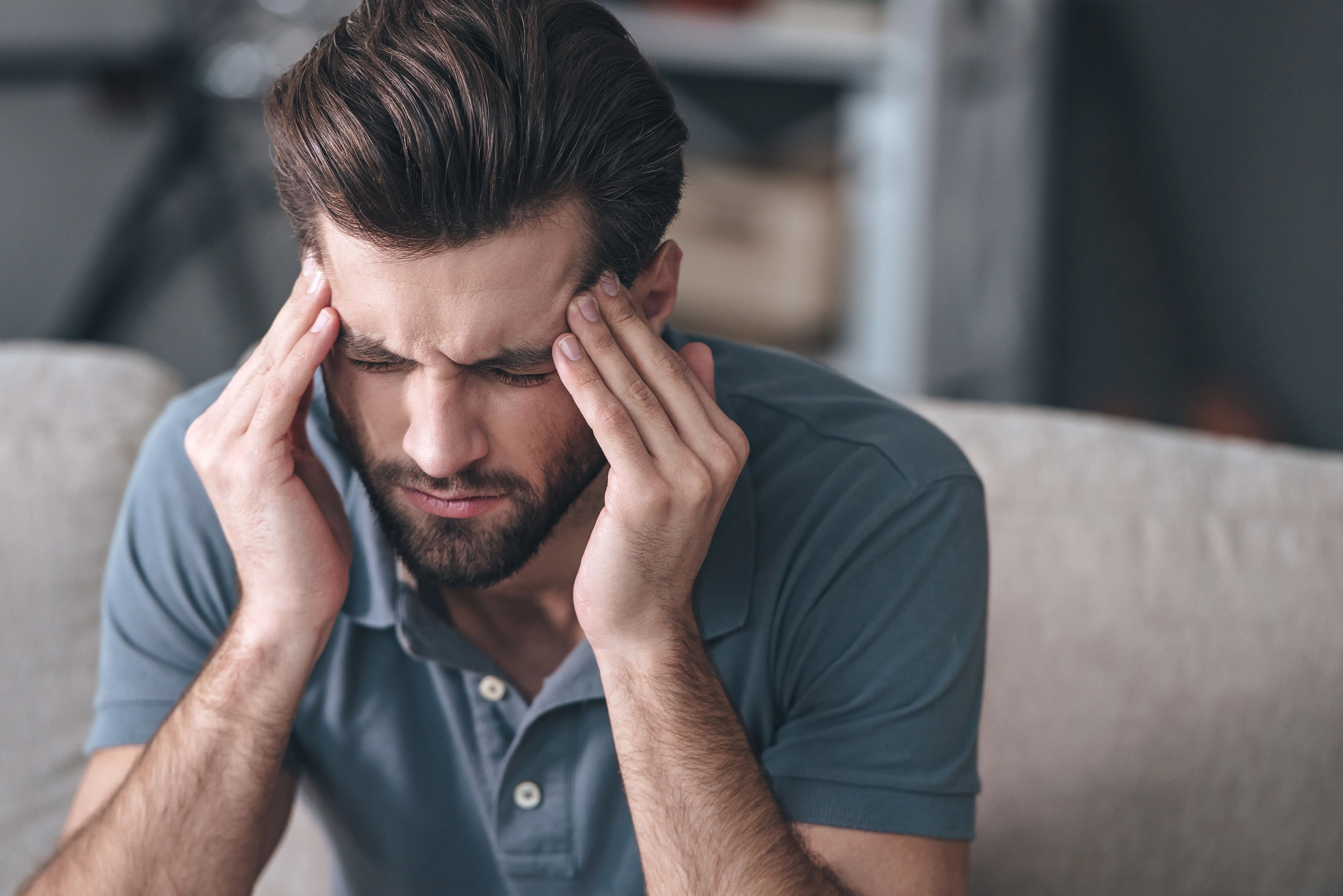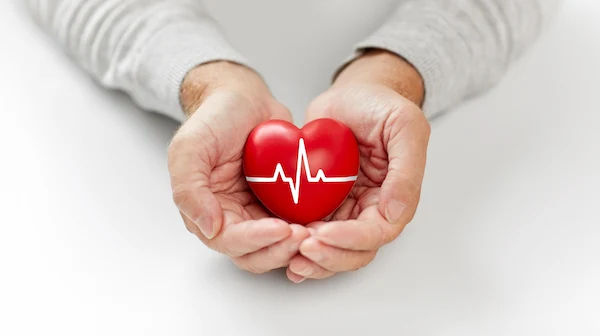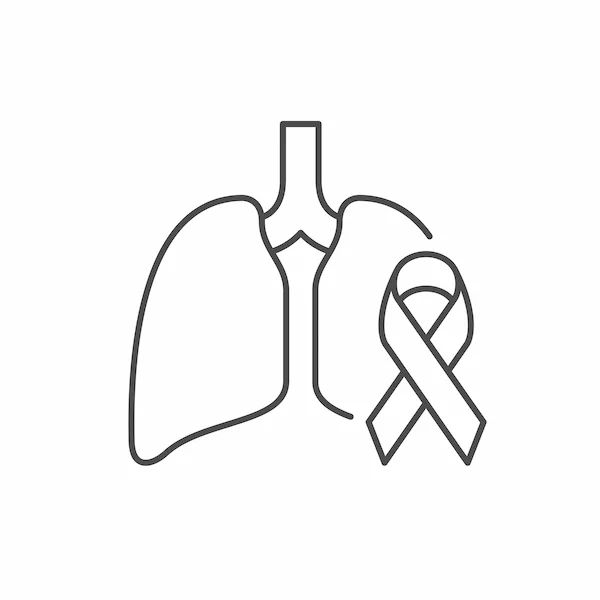Hydration Myths vs. Facts What You Really Need to Know
Discover the truth about hydration with evidence-based facts. Debunk common myths and learn how to personalise your water intake for better health.

Written by Dr. M L Ezhilarasan
Reviewed by Dr. Shaik Abdul Kalam MD (Physician)
Last updated on 13th Jan, 2026
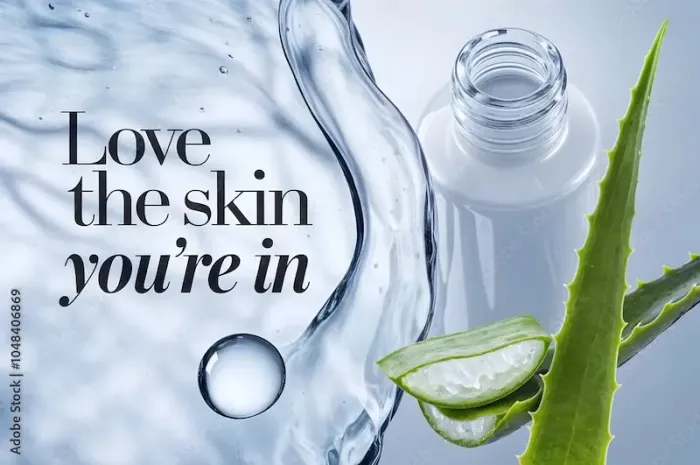
Introduction
Water is the essence of life, making up about 60% of our body weight. We're constantly told to "drink more water" for clear skin, better energy, and improved health. But in the deluge of advice, how do you separate evidence-based guidance from well-intentioned but misleading folklore? The topic of hydration is riddled with persistent myths that can lead to confusion, unnecessary anxiety, or even health risks. This article cuts through the noise to bring you the truth about hydration. We will debunk the most common myths and arm you with the scientific facts to develop a personalised and intelligent approach to fluid intake. Get ready to rethink everything you thought you knew about your water bottle.
Why Proper Hydration is Non-Negotiable
Before we debunk the myths, it's crucial to understand why water is so critical. It's not just about quenching thirst; it's about enabling your body to perform its most fundamental functions.
The Role of Water in Your Body
Water is the ultimate multi-tasker. It regulates your internal body temperature through sweating and respiration. It acts as a shock absorber for your brain and spinal cord. It lubricates your joints, making movement smooth and pain-free. Perhaps most importantly, water is the vehicle that transports nutrients to your cells and flushes out waste products through urine. Even a minor dip in hydration levels can impair these processes, leading to a noticeable drop in physical and cognitive performance.
The Real Signs and Symptoms of Dehydration
Many people wait until they feel parched to drink water. However, thirst is just one signal. Early signs of dehydration can include fatigue, headache, dizziness, and dry mouth. As dehydration becomes more significant, you may experience dark yellow urine, infrequent urination, constipation, and muscle cramps. In severe cases, it can lead to confusion, rapid heartbeat, and fainting. If you experience severe symptoms of dehydration that don't improve with fluid intake, it's important to consult a doctor online with Apollo24|7 for prompt medical advice.
Debunking Common Hydration Myths
Let's tackle the most pervasive hydration myths head-on with scientific evidence.
Myth 1: You Must Drink 8 Glasses of Water a Day
The Origin of the "8x8" Rule
The origin is murky, but it's often traced back to a 1945 U.S. Food and Nutrition Board recommendation that stated a suitable water intake for adults is 2.5 litres daily (approximately 84.5 ounces). However, critics often overlook the next sentence: "A large part of this is contained in prepared foods." This context changes everything.
What the Science Actually Says
The National Academies of Sciences, Engineering, and Medicine recommends an adequate daily total fluid intake of about 3.7 litres (125 ounces) for men and 2.7 litres (91 ounces) for women. The key word is total fluid, which includes water, other beverages, and the moisture contained in food. For most people, food contributes about 20% of their total fluid intake. So, while the "8x8" rule (around 64 oz) is a simple starting point, it's not a one-size-fits-all scientific mandate.
Myth 2: If You're Thirsty, You're Already Dehydrated
This myth portrays thirst as a failure, a late-stage alarm bell. In reality, thirst is a finely tuned physiological signal, not a sign of a crisis. Your body's thirst mechanism is designed to trigger before you are clinically dehydrated. It's an early warning system asking you to drink to prevent dehydration. For most healthy individuals, drinking when you feel thirsty is a perfectly reliable way to maintain water balance.
Myth 3: Coffee and Tea Dehydrate You
This myth stems from the fact that caffeine is a mild diuretic, meaning it can cause your kidneys to excrete more sodium and water. However, the diuretic effect is transient and mild, especially in regular caffeine consumers. The water content in coffee or tea far outweighs the minimal diuretic effect. Numerous studies have concluded that moderate consumption of caffeinated beverages contributes to daily total fluid intake and does not lead to dehydration.
Myth 4: Clear Urine is the Ultimate Hydration Goal
While dark yellow urine can indicate dehydration, aiming for consistently crystal-clear urine is unnecessary and can be a sign of overhydration. The ideal urine colour is a pale straw or light yellow. This indicates you are well-hydrated without overworking your kidneys to expel excess water. Clear urine all the time means you're likely drinking more than your body needs.
Myth 5: Everyone Has the Same Hydration Needs
This is a dangerous oversimplification. Your hydration needs are influenced by a multitude of factors: body size, activity level, climate, overall health, and whether you are pregnant or breastfeeding. An athlete training in humid heat has vastly different requirements than a sedentary office worker in a climate-controlled building. Personalised needs are a key fact often ignored by blanket statements.
The Unshakeable Facts of Hydration
Now, let's build a foundation of truth with the undeniable facts.
Fact 1: Your Hydration Needs Are Highly Individual
As mentioned, your perfect water intake is unique to you. A good rule of thumb is to listen to your body (thirst) and monitor your urine colour. For a more precise calculation, some experts recommend drinking between 25-35 ml of water per kilogram of body weight. For a 68 kg (150 lb) person, this translates to 1.7 - 2.4 litres per day from all sources.
Consult a Specialist for the best advice
Fact 2: You Can Eat Your Water, Too
Hydration isn't just about what you drink. Many fruits and vegetables are over 90% water. Cucumbers, celery, tomatoes, courgettes, watermelon, and strawberries are excellent sources of fluid intake that also provide vitamins, minerals, and fibre. Incorporating these into your meals is a delicious and effective way to stay hydrated.
Fact 3: Electrolytes Are Crucial, Especially During Exercise
When you sweat, you lose more than just water; you lose electrolytes like sodium, potassium, and magnesium. These minerals are vital for nerve function and maintaining fluid balance within and around your cells. For longer or more intense exercise sessions (typically over 60-90 minutes), replacing both water and electrolytes with a sports drink or electrolyte tablet is essential to prevent cramping and hyponatraemia.
Fact 4: Overhydration (Hyponatraemia) is a Real Danger
Yes, it is possible to drink too much water. Hyponatraemia occurs when you drink so much water that it dilutes the sodium content in your blood to dangerously low levels. This can cause cells to swell, leading to nausea, headache, confusion, seizures, and in extreme cases, coma and death. This risk is highest among endurance athletes who drink only plain water for many hours. Recognising the symptoms of overhydration is critical for safety.
Your Personal Hydration Strategy
So, what should you actually do? Follow this actionable advice.
How to Calculate Your Daily Water Intake
A more personalised approach is to use the body weight formula: Your Weight (in lbs) / 2 = Daily Fluid Ounces from Beverages and Food. For example, a 160 lb person would aim for roughly 80 oz total. Remember, about 20% comes from food, so that leaves about 64 oz (8 cups) from beverages. This aligns with the old "8x8" rule for this individual but is now based on their specific body size.
Tips for Staying Consistently Hydrated
• Start your day with a glass of water.
• Keep a reusable bottle on your desk or in your bag.
• Set reminders on your phone if you forget.
• Drink a glass of water with each meal.
• Choose water-rich foods for snacks.
• Monitor your urine colour throughout the day.
If you have specific health conditions like kidney or heart disease that affect fluid retention, your needs are different. It's best to book a physical visit to a doctor with Apollo24|7 to determine the safe and appropriate amount of fluids for you.
Conclusion
Navigating the world of hydration doesn't require a complex set of rules or a constant obsession with your water bottle. By dismissing the common myths and embracing the evidence-based facts, you can develop an intuitive and healthy relationship with fluid intake. The core principles are simple: listen to your body's thirst signals, use the colour of your urine as a handy guide, remember that all fluids and many foods count, and adjust your intake based on your activity level and environment. Ditch the anxiety and embrace a smarter, more personalised approach to staying hydrated. Your body will thank you for it with improved energy, sharper focus, and overall well-being.
Consult a Specialist for the best advice
Consult a Specialist for the best advice

Dr. Mohammed Kamran
General Practitioner
5 Years • MBBS, FIDM
Nashik
Apollo 24|7 Clinic - Maharashtra, Nashik

Dr Suseela
General Physician
5 Years • MBBS
Bengaluru
Apollo Medical Center, Marathahalli, Bengaluru

Dr. Gunashree V L
General Physician/ Internal Medicine Specialist
3 Years • MBBS
Bengaluru
Apollo Clinic, JP nagar, Bengaluru

Dr Bhargav Vuppumalla
General Physician/ Internal Medicine Specialist
5 Years • MBBS MD GENERAL MEDICINE
Bengaluru
Apollo Medical Center, Marathahalli, Bengaluru

Dr Syed Mateen Pasha
General Physician
2 Years • MBBS
Bengaluru
PRESTIGE SHANTHINIKETAN - SOCIETY CLINIC, Bengaluru
Consult a Specialist for the best advice

Dr. Mohammed Kamran
General Practitioner
5 Years • MBBS, FIDM
Nashik
Apollo 24|7 Clinic - Maharashtra, Nashik

Dr Suseela
General Physician
5 Years • MBBS
Bengaluru
Apollo Medical Center, Marathahalli, Bengaluru

Dr. Gunashree V L
General Physician/ Internal Medicine Specialist
3 Years • MBBS
Bengaluru
Apollo Clinic, JP nagar, Bengaluru

Dr Bhargav Vuppumalla
General Physician/ Internal Medicine Specialist
5 Years • MBBS MD GENERAL MEDICINE
Bengaluru
Apollo Medical Center, Marathahalli, Bengaluru

Dr Syed Mateen Pasha
General Physician
2 Years • MBBS
Bengaluru
PRESTIGE SHANTHINIKETAN - SOCIETY CLINIC, Bengaluru
More articles from General Medical Consultation
Frequently Asked Questions
1. Does sparkling water hydrate you as well as still water?
Yes, plain sparkling water is just as hydrating as still water. The carbonation process adds carbon dioxide gas but does not diminish the water's ability to hydrate your body. Be mindful of flavoured sparkling waters that may contain added sodium, sugar, or artificial sweeteners.
2. What are the best electrolytes for hydration after a stomach bug?
After illness causing vomiting or diarrhoea, you lose electrolytes rapidly. An oral rehydration solution (ORS) is best, as it contains the ideal ratio of glucose and sodium to maximise fluid absorption. You can find ORS packets at pharmacies. Coconut water and sports drinks can also help, but they often have higher sugar and lower sodium content than ORS.
3. I struggle to drink enough water; how can I make it easier?
If you find plain water boring, try infusing it with natural flavours like slices of lemon, cucumber, mint, or berries. Herbal teas (served hot or iced) are another excellent option. Setting regular reminders on your phone or using a marked water bottle that shows intake goals throughout the day can also build a consistent habit.
4. Can drinking more water help with weight loss?
Yes, it can support weight loss efforts in a few ways. Sometimes, our bodies mistake thirst for hunger. Drinking water before meals can create a sense of fullness, leading you to eat fewer calories. It also helps boost your metabolism slightly and is a zero-calorie replacement for high-calorie sugary drinks like fizzy drinks and juice.
5. How does ageing affect hydration needs?
As we age, our sense of thirst can become less acute, making older adults more susceptible to dehydration. Body water percentage also decreases with age. Therefore, it becomes increasingly important for seniors to drink fluids regularly throughout the day, even if they don't feel thirsty, and to include plenty of water-rich foods in their diet.
